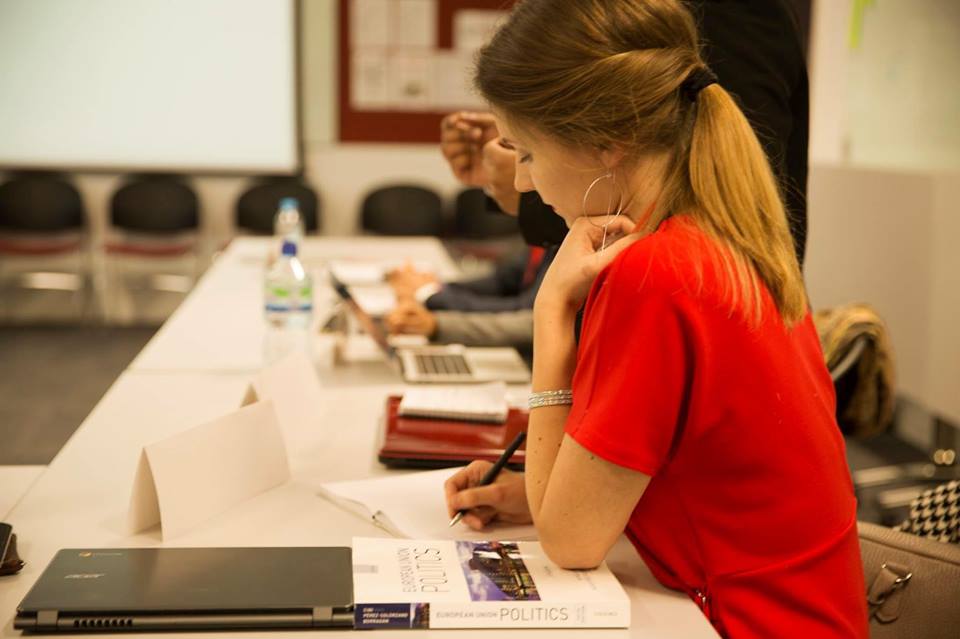My name is Polina Bishenden, and I am a first year PhD student with the School of Politics and International Relations at Kent. Through my research, I aim to explore how women’s movement actors across Central Asia navigate between global and local contexts in their work. I will do so by carrying out a multiple-case study of Kyrgyzstan and Tajikistan.
Contemporary feminist activism spans across the global and local arenas. A plethora of grants supporting the work local activists are provided by international donors. However, such collaboration extends beyond the material; international instruments (such as the Convention on All Forms of Discrimination against Women) are utilised by domestic activists and a truly global feminist discussion has developed in the age of social media, incorporating voices from all levels of women’s activism. This experience pertains to women’s movements in Central Asia. Whilst local activists are at the forefront of challenging gender discrimination in the region, they collaborate (in various capacities) with the transnational women’s movement. It follows that through material and discursive links, the global normative agenda plays a significant role in the work of Central Asian women’s movements. However, for norm adoption to be sustainable, local actors must have the agency to incorporate international standards into the domestic normative structure; they must effectively navigate between the global and local.
By investigating how women’s movement actors in Kyrgyzstan and Tajikistan manage this normative terrain in their work, my research will draw attention to challenges, developments and potential outcomes of activist strategies. Thus, it will draw out the benefits that approaches at the local and global level may have for gender empowerment in Central Asian countries.
I am excited about dedicating a significant amount of time towards engaging with this question throughout my PhD. Each year of the doctorate will bring unique opportunities; I am particularly looking forward to grounding myself in the literature surrounding the question in my first year.
Last year, I completed an MA degree with the School of Politics and International Relations at Kent which served as an introduction to the world of academia. I had the chance to attend and speak at numerous conferences and regional forums. I also attended a GCDC Training School for early-career researchers. Each of these opportunities exposed me to diverse academic positions, increased my confidence, and taught me the importance of connecting with other researchers. I am looking forward to building on my experience, and developing the above skills, this coming year.

